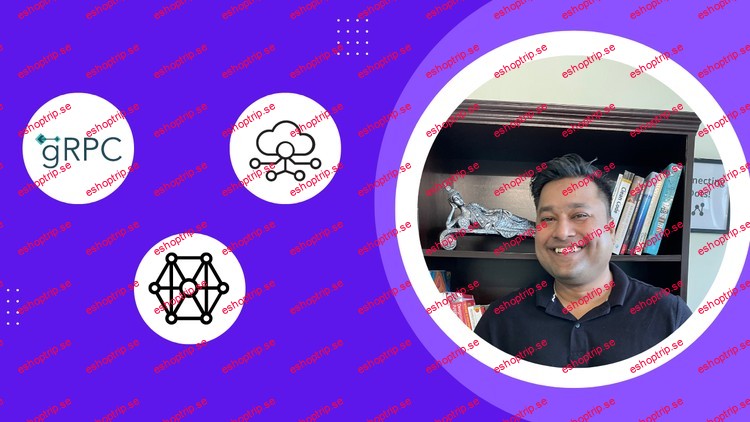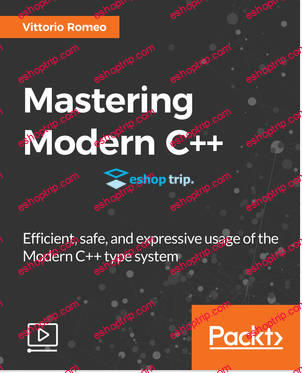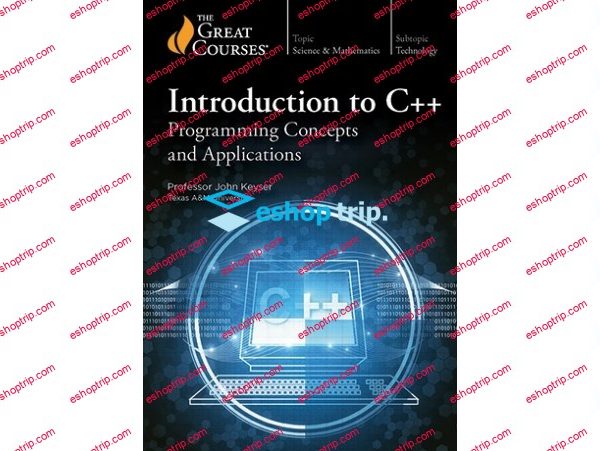Published 9/2024
Created by Suchait Gaurav
MP4 | Video: h264, 1280×720 | Audio: AAC, 44.1 KHz, 2 Ch
Genre: eLearning | Language: English | Duration: 6 Lectures ( 1h 49m ) | Size: 1.14 GB
Mastering Communication Patterns for Microservices Architecture
What you’ll learn:
Understand key communication patterns in microservices, including REST, RPC, event-driven architecture, service mesh, and transactional messaging.
Learn to effectively apply and integrate communication patterns in real-world microservices architecture based on specific use cases.
Acquire skills to design and maintain scalable, reliable microservices systems with optimized communication and service interactions.
Build expertise in diagnosing communication issues and optimizing service interactions to enhance system performance and reliability.
Requirements:
Basic Understanding of Microservices: Familiarity with microservices architecture and principles is recommended to grasp the communication patterns covered in the course.
Description:
In this comprehensive course, you’ll gain mastery over key microservices communication patterns, essential for building robust and scalable distributed systems. The course covaers a range of communication techniques that are vital in modern software architecture. You’ll start by learning about REST, a widely used protocol for HTTP-based communication, which is ideal for connecting microservices over the web in a stateless manner. From there, you’ll dive into Remote Procedure Calls (RPC), which are crucial for executing synchronous calls between services, enabling them to interact with each other in real time.The course doesn’t stop at synchronous communication. It also explores event-driven architecture, which is fundamental for implementing asynchronous messaging patterns. This allows services to communicate without waiting for immediate responses, making systems more flexible and responsive. You’ll also learn about service meshes, a cutting-edge approach for managing interactions between microservices. Service meshes handle complex tasks such as load balancing, service discovery, and security, freeing developers from implementing these features manually.Additionally, the course covers transactional messaging, an advanced topic that ensures reliable and consistent data across distributed systems, even in the face of failures. This course is perfect for developers and architects looking to deepen their understanding of microservices communication and build resilient, high-performance systems.
Who this course is for:
This course is designed for software developers, architects, and IT professionals looking to enhance their understanding of microservices communication strategies.
Homepage










